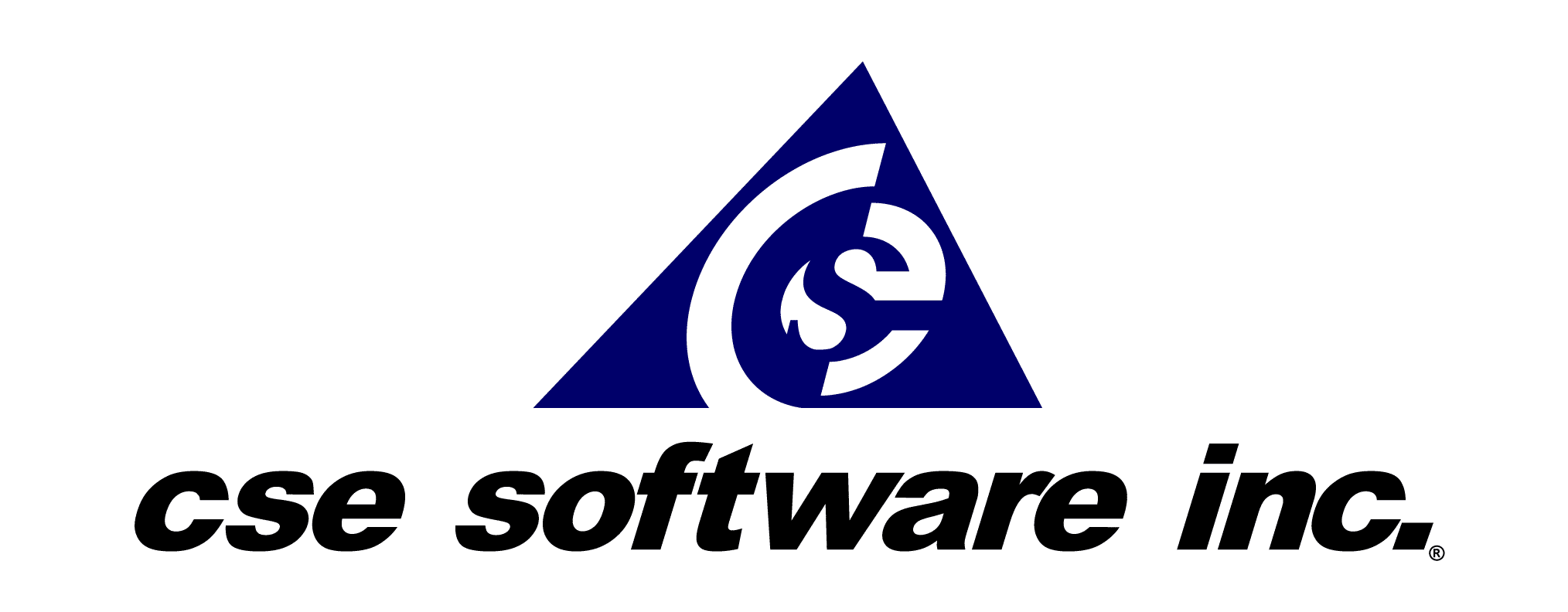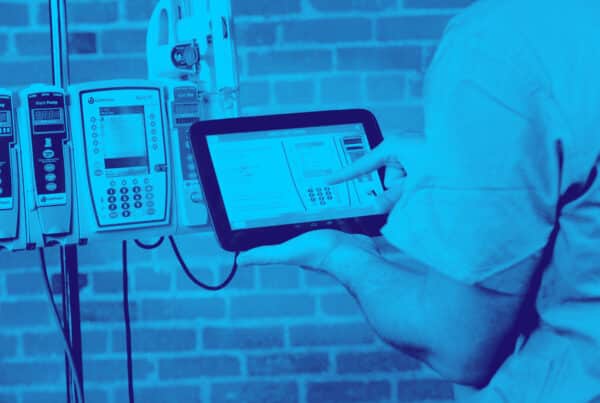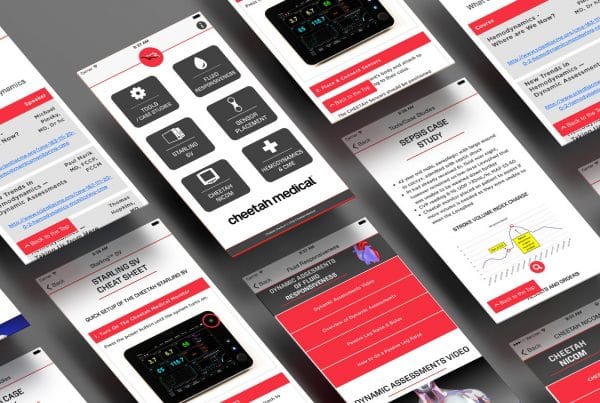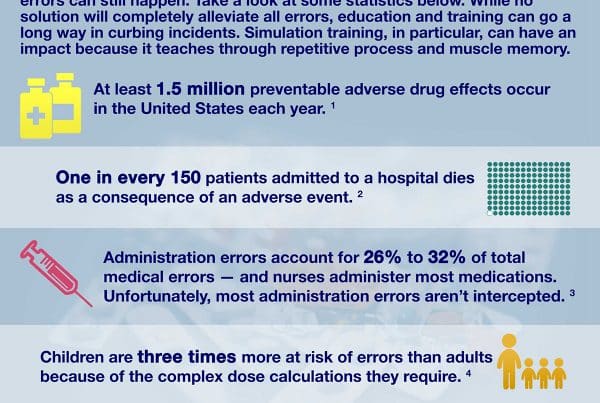Estimates of the average adult's attention span range from 6 to 15 to 20 minutes, with some even claiming it's only 7 seconds. Brad Vander Zanden of the University of Tennessee recommends giving audiences periodic breaks to allow them an opportunity to think and absorb what they've taken in so as not to overwhelm listeners, and some eLearning development is taking that lesson to heart.
Bite Size Lesson's mobile app development has taken them to Just-In-Time classes that last about 20 minutes and are aimed at specific course material to provide intense, material-driven lessons that can be accessed from a variety of mobile devices. The software is supported by Mac, PC, tablet and smartphone so a single person or a larger group can gain access to the same eLearning regardless of location or platform.
The classes offered by Bite Size allow users to interact with Face2Face technology during courses, creating video and audio comments as well as traditional text-based notes. The software can even be used in conjunction with remote meetings, allowing a group of employees not immediately available to one another to still get together online and participate in a more interactive classroom experience.
Meridian is also using similar mobile app development to capitalize on the movement to a more portable office experience. Their "Learner on the Move" program is focused on smartphones and tablets through mobile browsers. The goal here, according to the head of mobile app development Vinay Nilakantan, was to get learning to employees in places they couldn't access it before, as well as encourage companies to come up with eLearning development that best fits their needs.
"We want organizations to author content once and deploy it on various platforms," said Nilakantan. "Our vision is for learners to download a course … to their tablet or smartphone prior to a flight. The would complete the course en route. Once their flight lands, they could synchronize their iPad or Blackberry with their organization's Meridian Global LMS."
According to Nielson study released in March, just over half of all Americans are using smartphones, up 2.5 percent from December 2011. As the skew between different operating systems continues to be dominated by Android and iPhone, mobile app development will need to focus on making eLearning available across a variety of platforms to accommodate the most users.
Not all companies are fully utilizing the growing smartphone market. Bite Size Lessons doesn't provide services on any smartphone operating systems but claims they are compatible with mobile browsers.
To try and bolster this corner of the market, some schools like NorthWest Arkansas Community College are introducing courses that focus on mobile app development. Their most recent addition, Mobile Applications Programming, gives students a working knowledge of Android app development that provides working knowledge and skills to help them compete in an ever growing market. Part of a larger framework called Acceleration, Resources, Knowledge or ARK, the intent of the college is to create eLearning development and encourage more advances in smartphone eLearning opportunities as more Americans make this technology a part of their daily lives.
As the amount of technology increases, so do ways in which people access eLearning and mobile development training. Developers need to be mindful not only of how users will want to access these utilities, but also how long they'll be able to hold their attention once they get the products and services they're looking for. The greatest benefit will come as a balance between these aspects of innovation, flexibility and directness.



